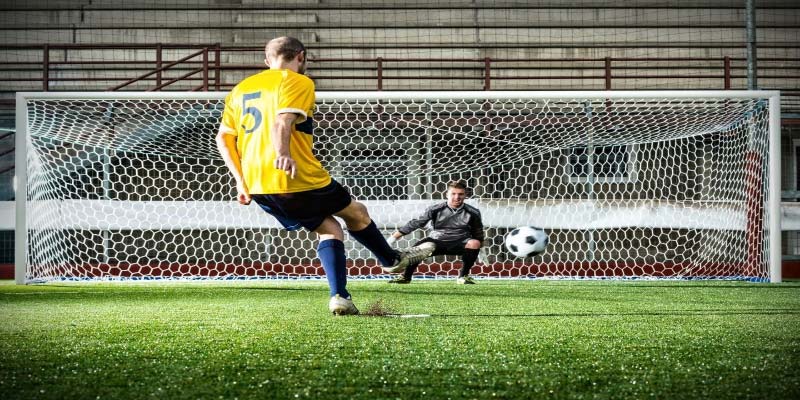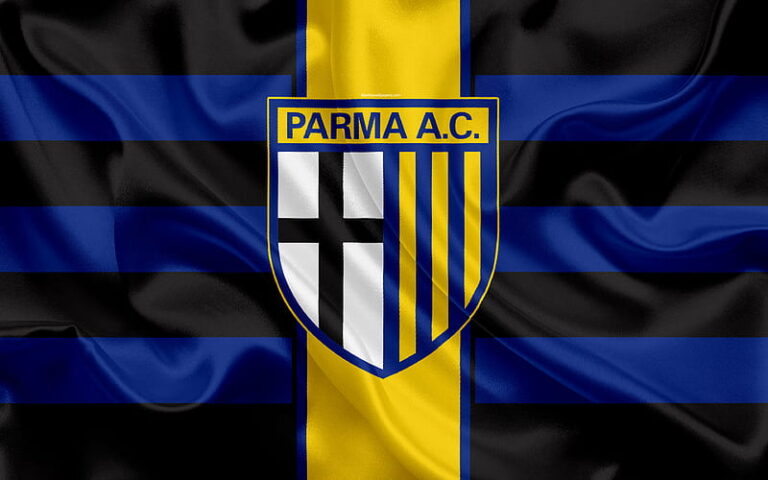
The Untold Drama Behind Every Penalty Kick
A penalty kick is the ultimate showdown in football—a high-stakes duel between the shooter and the goalkeeper that can change the course of a match in seconds. It’s a test of skill, nerves, and strategy, where a single strike can mean victory or heartbreak. With its blend of precision and psychological battles, the penalty kick embodies the raw drama of the sport. Whether you’re a fan or a player, the thrill of this moment keeps football enthusiasts and platforms like Nhà cái fcb88 buzzing with excitement.
Special and Notable Situations with Penalty Kicks
Throughout football history, penalty kicks have been at the center of numerous memorable and controversial moments. These special scenarios add layers of intrigue to the already compelling nature of the sport.
Controversial penalty situations in football history
Controversies surrounding penalty kicks are abundant, often igniting passionate debate among fans and analysts alike. One notable incident occurred in the 1990 FIFA World Cup when England faced West Germany in the semi-finals. A contentious handball decision led to a penalty that ultimately shaped the match’s outcome, demonstrating the profound impact such calls can have.
Another infamous example took place during the 2006 World Cup final between Italy and France. Marco Materazzi’s alleged provocation led to Zinedine Zidane’s infamous headbutt, resulting in a red card. While the direct penalty decision was not the focal point, the domino effect of that heated moment exemplifies how intertwined penalties and emotions can be.
Controversial calls can lead to long-lasting debates about fairness and the integrity of officiating in football. These discussions further highlight the necessity of a comprehensive understanding of the rules surrounding penalties.
Players famous for their exceptional penalty-taking skills
Some players have become synonymous with penalty prowess. Names like Cristiano Ronaldo, Lionel Messi, and Steven Gerrard evoke admiration for their calmness under pressure, technical ability, and success rates.
Cristiano Ronaldo, known for his powerful shots and unshakeable confidence, has converted countless opportunities from the spot. His practice routines and meticulous attention to detail give him an edge most players aspire to achieve.
Lionel Messi, on the other hand, utilizes finesse and precision in his penalty-taking approach. He often opts for placement over power, placing the ball where few goalkeepers can reach, showcasing that every player’s style can be distinct yet effective.
Moreover, players like Brendon McCullum in cricket or Michael Jordan in basketball have demonstrated how cross-sport comparisons reveal the universal pressure experienced during decisive moments, reflecting human psychology rather than mere athleticism.
Penalty kicks in matches deciding championships
In the realm of football, a penalty kick has the potential to decide championships, making it a defining moment in sports history. Take, for instance, the UEFA Champions League Final of 2005, where Liverpool faced AC Milan. After trailing 3-0 at half-time, Liverpool staged a miraculous comeback and forced the match to penalties, ultimately winning the title in dramatic fashion.
Similarly, the 2016 Copa America saw Chile defeating Argentina in a tense penalty shootout, securing their first-ever major international trophy. Such instances underscore the tension and excitement tied to penalty situations, elevating them beyond mere scoring opportunities to defining moments for teams and nations alike.
These matches provide a backdrop for unforgettable memories etched into the annals of football, serving as a reminder of how a single kick can encapsulate years of effort, dedication, and hope.
Tactics and Psychology in Penalty Kicks
The tactical and psychological dimensions of taking and defending penalty kicks contribute to their enigmatic nature. Players and coaches often develop strategies that go beyond mere physical preparation.
Tactics applied in penalty-taking situations
Tactical approaches to penalty kicks can vary widely depending on the player’s preferred style and the context surrounding the match. Some players may utilize deception, attempting to mislead the goalkeeper about their intended target.
Conversely, certain players stick to a calculated routine. For instance, they may consistently aim for the same location, hoping that the predictability of their shot will yield success due to familiarity.
Coaches often analyze opponents’ tendencies, relaying critical information to players ahead of time. Video analysis of previous penalties taken by opposing teams can provide valuable insights. Teams may even make collective decisions on who will take penalties based on their training performance, adjusting strategies dynamically depending on the flow of the game.
The psychology of players and goalkeepers in tense penalty moments
Psychological factors weigh heavily on both penalty takers and goalkeepers during these high-pressure moments. Mental fortitude is crucial; players must manage anxiety and self-doubt while keeping their focus sharp.
Many athletes employ visualization techniques to mentally rehearse their shots, imagining the ideal scenario and reinforcing their confidence. This mental preparation can be pivotal, allowing players to enter the penalty area with a clear mindset and purpose.
For goalkeepers, psychological warfare can play a significant role. Seducing the kicker into believing they have the advantage can create a false sense of security. As the keeper remains still while gauging the kicker’s movements, they often tap into their instincts to predict the trajectory of the ball, turning a seemingly simple moment into a nerve-wracking battle of wits.
Conclusion
In conclusion, the penalty kick in football is a phenomenon that transcends its role as a mere scoring opportunity. Its inherent complexities, combined with the emotional weight it carries, create iconic moments that define not only individual matches but entire careers.


